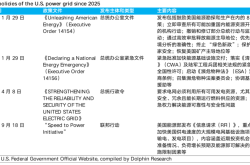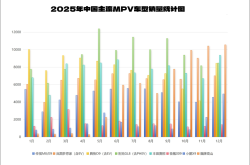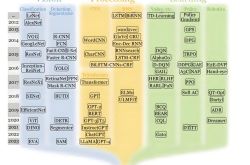Weekly Stock Market Review: Technical Correction in A-Shares; Auto Stocks Remain Under Pressure
![]() 06/30 2025
06/30 2025
![]() 661
661
In this week's review of auto stocks, we observe a diverse landscape within the automotive market.
Over the past two days, stock market fluctuations have kept investors on edge.
On June 26, all three major A-share indexes declined, with the Shanghai Composite Index closing at 3448.45 points. Most stocks fell, but the banking sector bucked the trend, while the auto and non-bank financial sectors saw the sharpest drops, both exceeding 1%.
On June 27, A-shares continued to exhibit volatility amid technical corrections. The Shanghai Composite Index fell 0.22% to close at 3448.45 points, and the ChiNext Index dropped 0.66% to 2114.43 points. Total trading volume on the Shanghai and Shenzhen stock exchanges amounted to 1.583178 trillion yuan for the day.
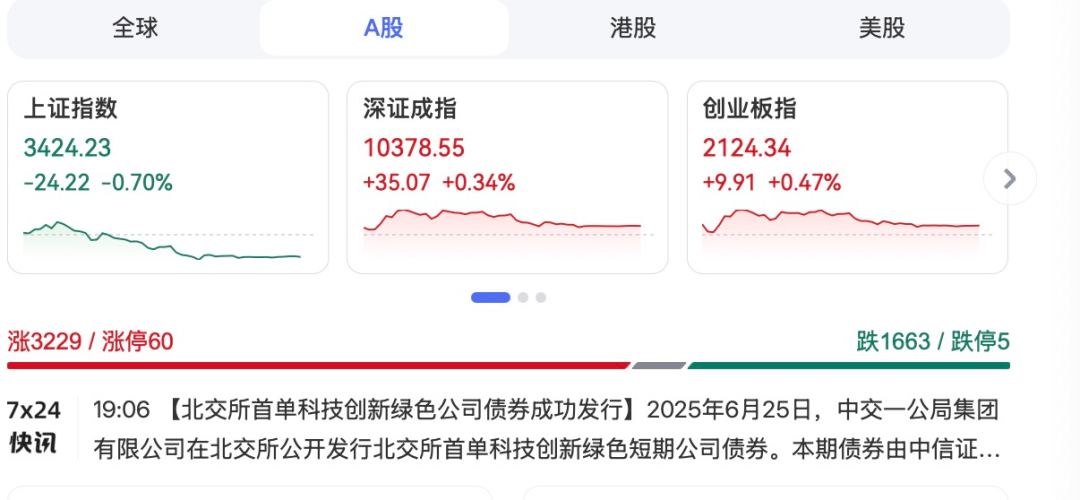
Long Fang, Chief Investment Officer of Qianhai Matrix Capital, commented, "The market's ups and downs today are normal and can be seen as part of a correction process." The pharmaceutical and biological sector, which had previously enjoyed significant gains, was impacted by industry rectification. The auto sector faced concerns about potential price wars due to promotions, while the non-bank financial sector struggled with capital outflows and selling pressure.
"A-shares are likely to continue rising in a volatile manner in the near term. There is a significant amount of trapped capital between 3400 points and 3500 points that needs to be digested through volatility. Conditions for a sustained, one-sided rally have not yet materialized," Long Fang cautioned. Among factors warranting attention, the 90-day tariff suspension period for all major countries except China expires on July 9.
Currently, negotiations between the United States and major economies such as Japan and the European Union are not progressing smoothly. In other words, the threat of tariffs still looms over everyone, and it remains uncertain when this will be resolved. It is unclear how Trump might further disrupt the stock market.
According to the Shanghai and Shenzhen stock exchanges, under the guidance of the China Securities Regulatory Commission, they have drafted the "Notice on Adjusting the Price Limit of Main Board Risk Warning Stocks and Related Matters (Draft for Solicitation of Opinions)," proposing to adjust the price limit of main board risk warning stocks to 10%. After this adjustment, the "5% price limit for risk warning stocks" will no longer apply, aligning with other stocks on the main board. This is expected to reduce mechanism differences, improve pricing efficiency, curb excessive speculation, and protect investors' legitimate rights and interests. The public is now invited to comment on these arrangements.
While the A-share market has left investors uncertain, the Hong Kong stock market has also faced challenges. Auto stocks across the board declined in Hong Kong.
XPeng Motors opened down 3.71%, BYD fell 2.15%, and Li Auto, NIO, Geely Automobile, and others also opened lower. By the close, XPeng Motors, NIO, and BYD had dropped 3.17%, 1.84%, and 1.19%, respectively.
Taking XPeng as an example, by the close on June 27, its share price was HK$71.8, down 3.17%, with a trading volume of 42.719 million shares and a turnover of HK$3.043 billion. Investment banks predominantly rate the stock as a buy, with 23 investment banks giving buy ratings in the past 90 days, and the average target price over this period being HK$105.24. For XPeng, this rating reflects a positive outlook from the capital market.
However, Xiaomi Automobile has garnered even more favor from the capital market. YU7 sold out immediately upon its launch. Industry insiders noted that Xiaomi sells cars akin to selling phones, and its stock price surged past HK$60, setting a new high.
On June 26, Xiaomi YU7 was officially launched with a starting price of RMB 253,500. Within just three minutes, large orders exceeded 200,000 units, and in one hour, they surpassed 289,000 units. While this does not necessarily signify Xiaomi Automobile's firm foothold in the SUV market, it undoubtedly highlights its influence. Reports indicate that some users were unable to secure membership in the Xiaomi Automobile Ultra Club, which costs RMB 3,999, stating that "by the time I filled out the invoice, it was already sold out".
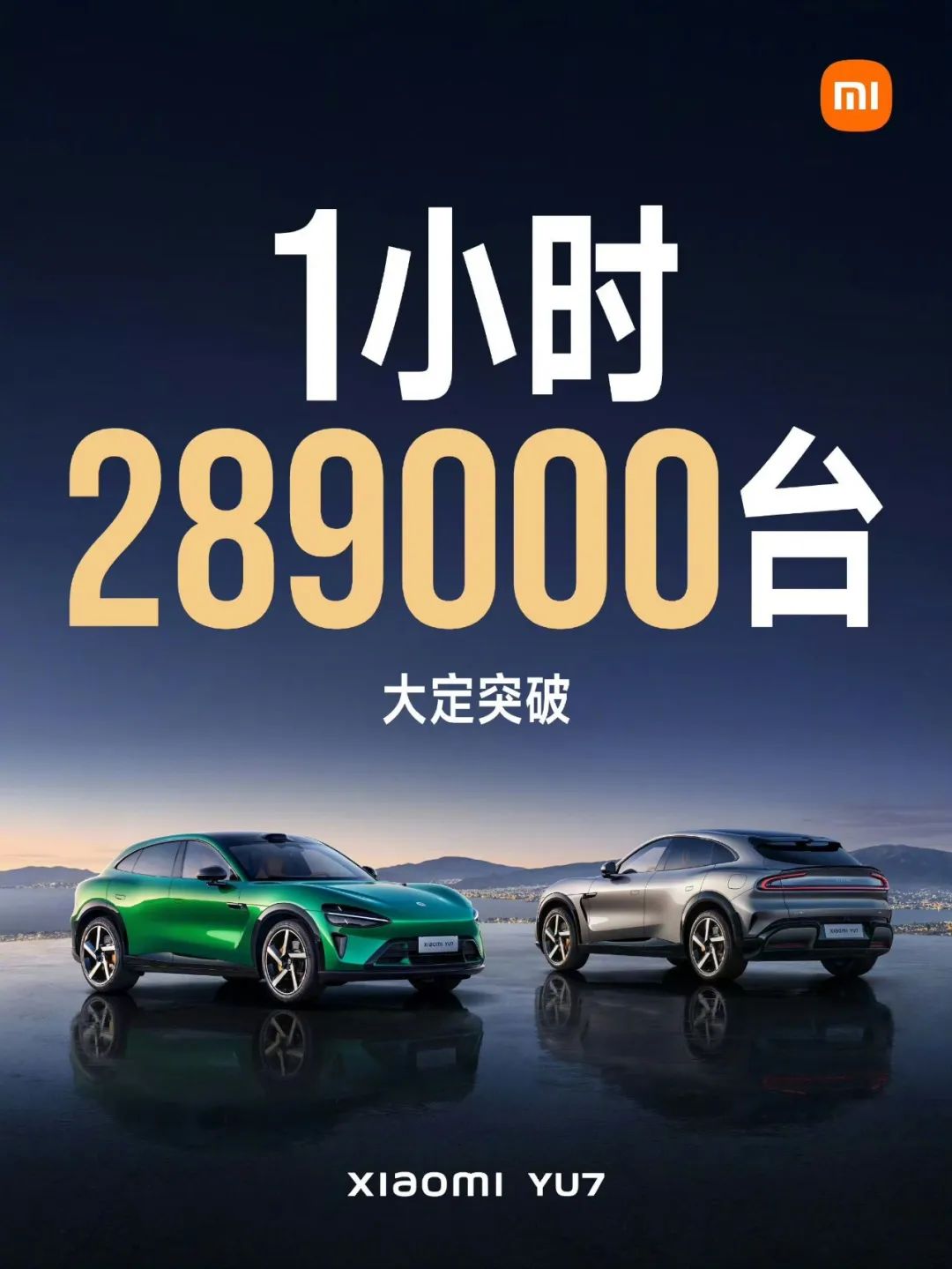
"The current large order volume has essentially peaked and will not increase significantly further. Xiaomi Automobile's current production capacity has already set an upper limit on sales," industry insiders believe. Xiaomi Automobile's current actual production capacity is approximately 250,000 units, "and the order volume has already approached 300,000 units. Further increases are meaningless because vehicles cannot be delivered. The situation will only improve after the third-phase factory becomes operational."
Speaking about the popularity of YU7, Lei Jun could not conceal his excitement during an interview: "Our internal expectation was previously that 'as long as it performs better than last year's SU7,' but the actual order volume far exceeded our expectations." He revealed that the team has urgently initiated an expansion plan, "the SUV market is fiercely competitive, and users have given us such trust even before test drives begin. We must prioritize quality control and delivery efficiency."
The popularity of Xiaomi YU7 has undoubtedly brought immense benefits to Xiaomi. The company's stock price surged by more than 5% in response. Its intraday performance was even more remarkable, with the stock price reaching HK$61.45 at one point, setting a new high.
Both robust sales orders and a rising stock price have undoubtedly eased Lei Jun's mind. In early April, Xiaomi SU7 was involved in a high-speed collision and explosion accident, plunging Xiaomi into a storm of doubts and sending its stock price down to around HK$36.
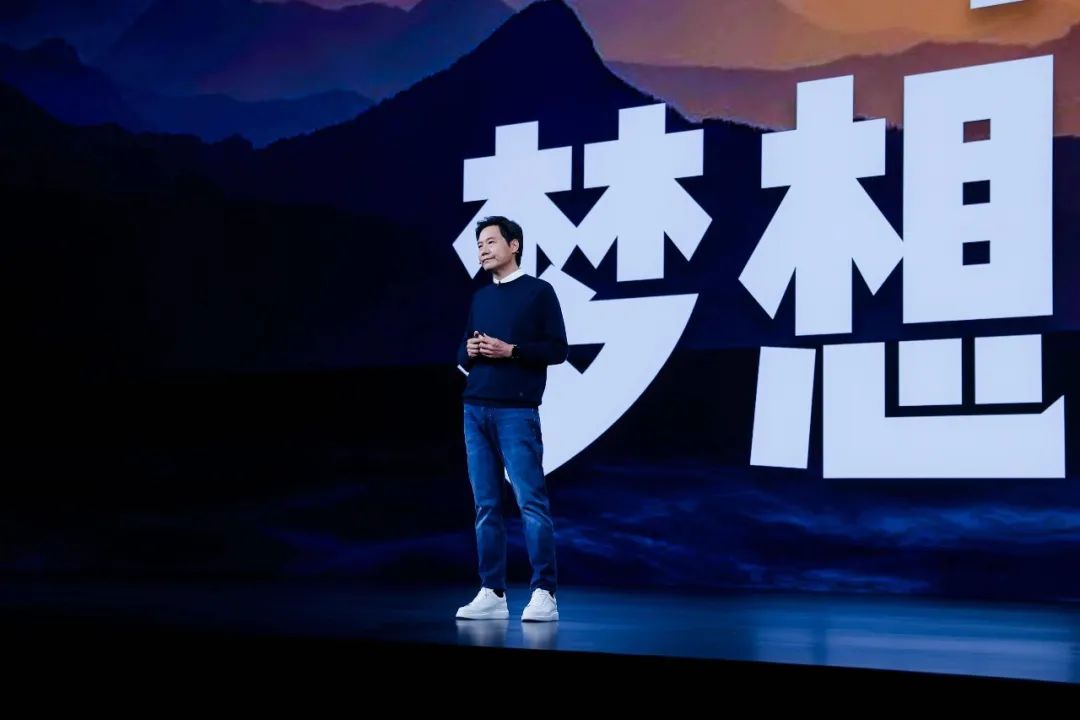
Therefore, at the Xiaomi YU7 launch event, Lei Jun repeated three times, "Safety is the premise, safety is the foundation, safety is everything," emphasizing the importance of safety through engineering thinking. In just under three months, Xiaomi has achieved a "full recovery" of its stock price.
However, besides production capacity issues, YU7 represents Xiaomi's first SUV product and marks its genuine entry into the main battlefield of the automotive industry. It will inevitably face stiffer competition, and the market will become more intense. Maintaining sustainability will be a test for Lei Jun and Xiaomi.
Currently, Musk is also facing his own challenges. Tesla's sales in Europe have continued to decline, and its stock price has fallen 19% this year. Tesla's performance lags far behind that of the Nasdaq and most large-cap tech stocks.
As of the first half of this year, Tesla's global electric vehicle deliveries will decline by at least 10% to about 390,000 units, compared to over 440,000 units in the same period last year. According to insiders, Musk has fired the operational heads of Tesla in North America and Europe due to declining sales and waning brand popularity in these regions.
Musk does not have a clear solution for halting the sales decline. However, for boosting Tesla's stock price, Musk has come up with a new strategy.
After launching the highly anticipated autonomous taxi Robotaxi last weekend, Tesla's stock price surged 8.23% on Monday, hitting a three-week high. Wall Street also echoed more bullish sentiments.
Mickey Legg, an equity analyst at research firm Benchmark Company, raised his target price for Tesla to $475 while maintaining a "buy" rating. This implies a 45% increase in the stock price of this electric vehicle/robotics company, with a market capitalization of $1.5 trillion.
Legg's current target price is second only to that of Dan Ives, a well-known Tesla bull and analyst at Wedbush Securities, who has a target price of $500 for Tesla. "In our view, the company is evolving from a groundbreaking automaker to a high-tech automation and robotics company with unparalleled domestic manufacturing scale," Legg said.
"Forget about traditional cars. Tesla's future will be an 'unmanned driving empire,'" Forbes reported on the 23rd. Although the number of Robotaxi operating vehicles is currently limited, Tesla plans to build a closed-loop, vertically integrated Robotaxi system.
U.S. investment bank Piper Sandler also stated in a recent report that Tesla's Robotaxi is expected to reshape the automotive market and reiterated its bullish stance on Tesla, citing the company's first-mover advantage and continuous innovation in autonomous driving software.
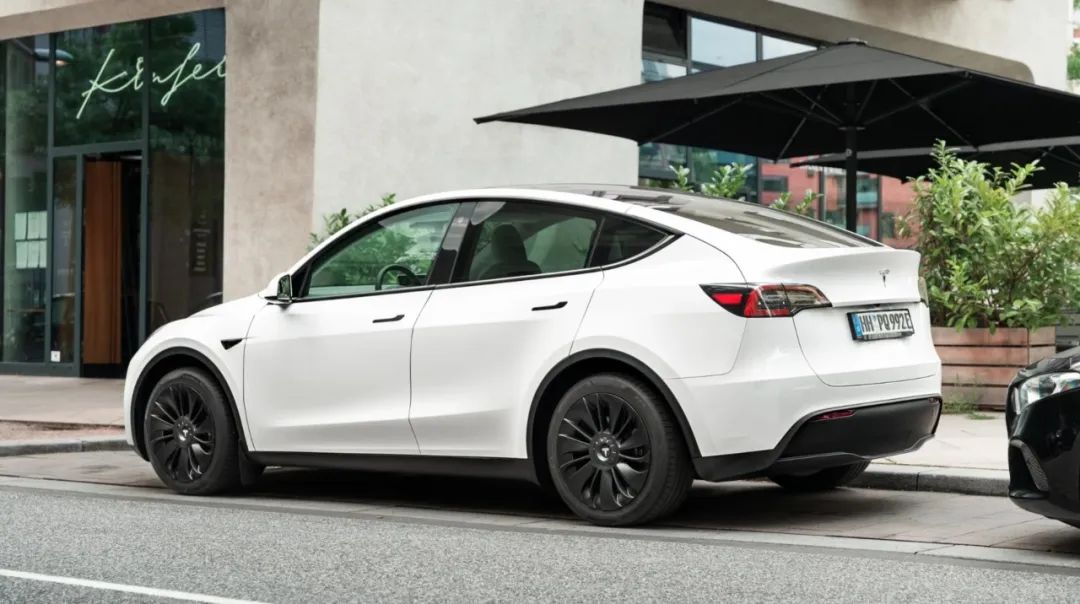
Of course, there are also many Tesla bears. Jonathan Weber, an analyst at Seeking Alpha, said, "In the first quarter, Tesla attributed poor delivery volumes to the Model Y refresh. If the second-quarter data does not show significant improvement, the Model Y refresh excuse will no longer hold up—indicating a serious persistent demand issue for Tesla. Recent regional data from China and some European countries suggest that overall deliveries in the second quarter are likely to be weak, so investors may need to prepare for bad news."
Tesla is at a critical juncture as its autonomous "robot taxi" service undergoes testing. According to a CNBC report, there have been multiple instances of abnormal driving recorded for Tesla's Robotaxi.
The future remains uncertain. Musk stated that if everything goes smoothly, he expects to quickly launch the service in multiple other cities and have one million Tesla autonomous taxis on the road by the end of the year.
Note: Some images are sourced from the internet. If there is any infringement, please contact us for deletion.
-END-


